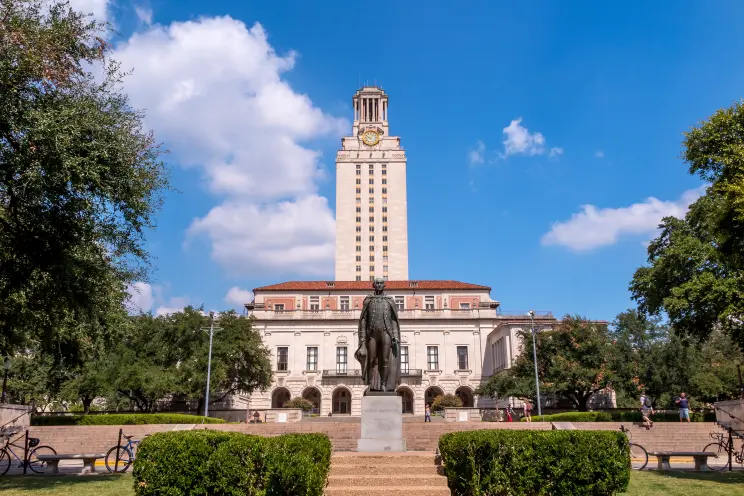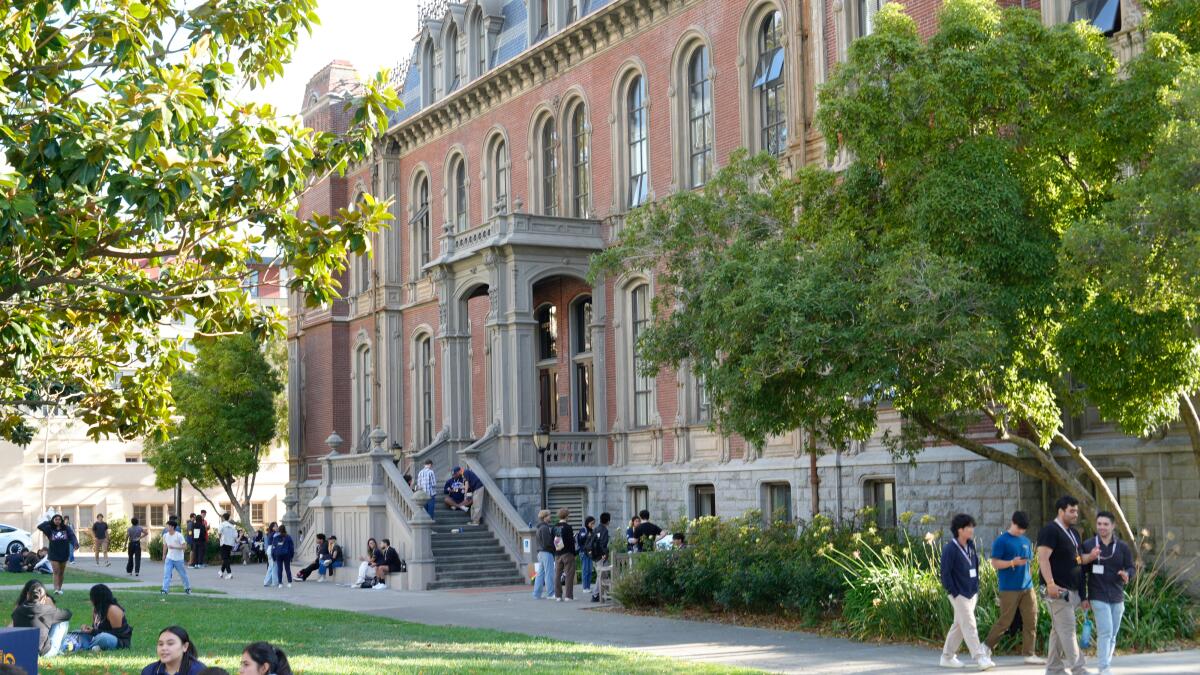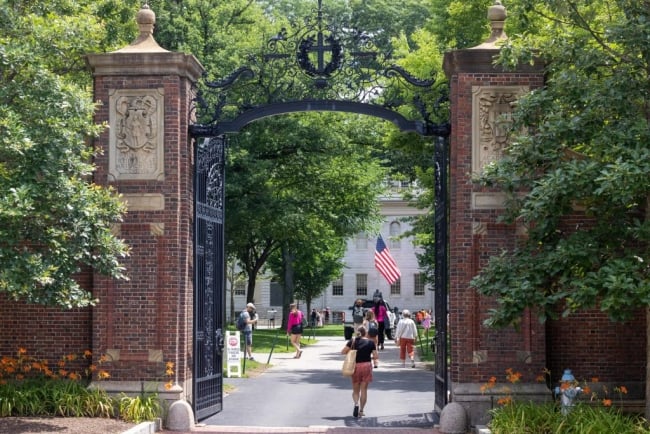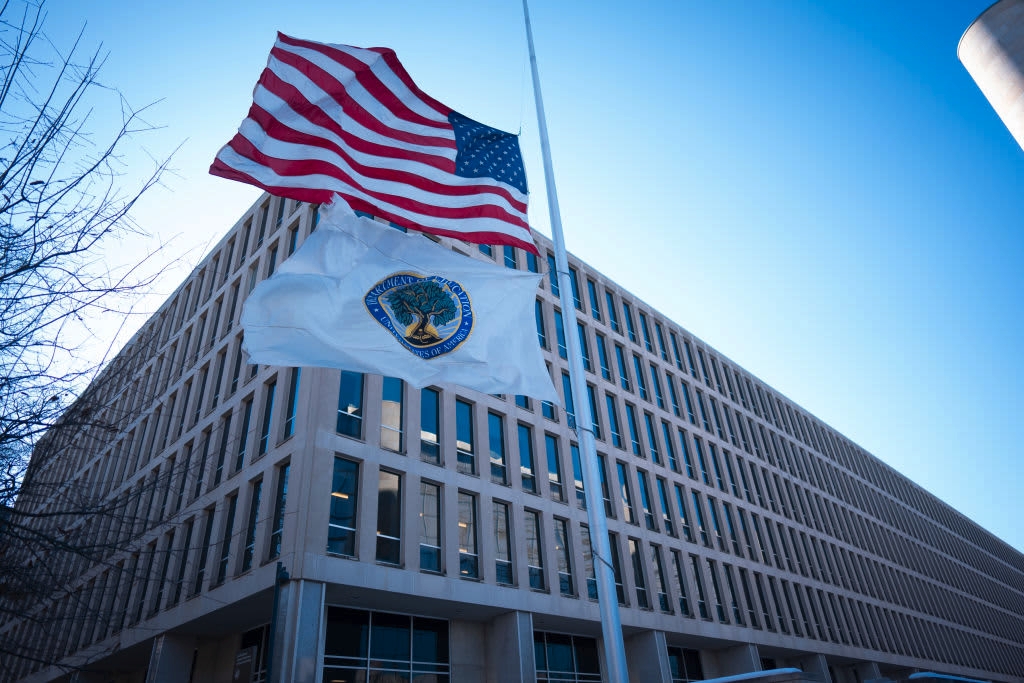The FCC (Federal Communications Commission) is preparing for a landmark Supreme Court case that could have significant implications for internet access in rural areas, especially for students. This case could reshape how broadband service is delivered to underserved regions, potentially influencing the future of remote learning and access to digital resources. For rural students, many of whom face challenges with reliable internet, the outcome of this case could mean either improved access to educational opportunities or further delays in bridging the digital divide.
The Role of the FCC in Expanding Broadband Access
The FCC has long been at the forefront of efforts to improve broadband infrastructure, particularly in rural communities. One of the primary challenges faced by rural students is the lack of affordable and reliable internet access, which is crucial for accessing online education and completing homework assignments. As education systems increasingly depend on the internet, the need for equitable access has never been more urgent.
What’s at Stake in the Upcoming Case?
The Supreme Court case centers on the authority of the FCC to regulate and incentivize internet providers to expand broadband coverage to rural areas. If the court rules in favor of the FCC, it could lead to increased funding and more robust regulations aimed at improving connectivity for students in remote areas. However, if the decision goes against the FCC, it could stall or even reverse efforts to bring high-speed internet to the places that need it most.
The Impact on Rural Students
For rural students, the ability to access broadband internet is essential for staying competitive in the modern educational landscape. The outcome of the case could either open up new pathways for rural communities to benefit from better internet service, or it could prolong the digital inequality gap. The case could also influence whether internet service providers are required to prioritize underserved areas, particularly schools and households with limited resources.
The Future of Education and Rural Connectivity
As remote learning and digital education become increasingly common, ensuring that all students, regardless of location, have equal access to the internet is critical. The FCC Supreme Court case could prove to be a turning point in addressing the digital divide. With the stakes so high, students, educators, and policymakers are closely watching the proceedings and preparing for potential changes that could shape the future of internet access in rural America.
Conclusion
The outcome of the FCC Supreme Court case has the potential to significantly affect internet access for rural students across the country. As we wait for the final decision, the hope is that the ruling will pave the way for greater educational opportunities for all students, ensuring that no one is left behind due to their geographical location.
You may also like
ADVERTISEMENT
ADVERTISEMENT










